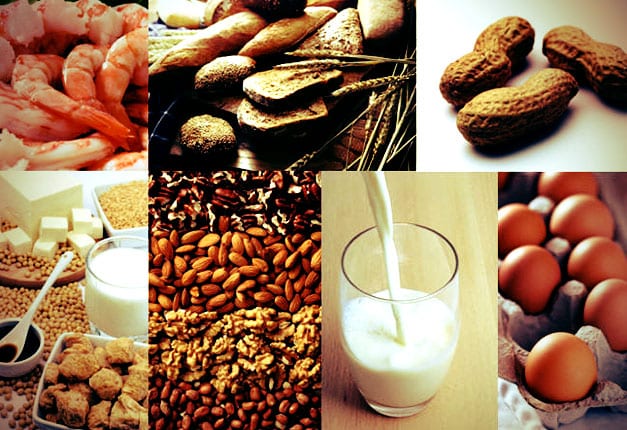ausEE Inc. is gearing up for its second annual National EOS Awareness Week which will be held 12-18 August and raises awareness for eosinophilic gastrointestinal disorders (EGID).
People living with an EGID often have to live with food restrictions which make it hard on physical, emotional and social levels. Recent polls taken of adults living with or caring for children with an EGID showed that 68% rate the impact the disease has on their life as major and 84% experience either a moderate or severe financial burden on their family as a result of living with an EGID.
There is a significant amount of extra time spent on cooking, shopping and searching for safe foods for their child to eat with 50% rating this as severely more than the average family. When it comes to night time routine, 67% experience moderate to major sleep disturbances for the family and 75% say that their ability to have a social life/holidays etc. is moderately or severely impacted also.
Through this awareness week the charity also aims to raise much needed awareness to the medical community with our poll showing that a staggering 44% took over 3 years to be diagnosed with the life altering condition. Endoscopy and biopsy is the only way to confirm diagnosis of and effectively monitor an EGID. There is NO CURE for EGIDs. One of the common treatment options patients follow is an elimination diet which is why ausEE created the Top 8 Challenge appeal (www.top8challenge.com).
This National EOS Awareness Week we are inviting people to take our Top 8 Challenge!
Can you go a day without the Top 8 allergenic foods and walk in the footsteps of someone with an EGID?
To participate in the challenge for one day only, you DON’T EAT any of the Top 8 allergens – this means NO milk, NO eggs, NO soy, NO wheat, NO peanuts, NO tree nuts, NO shellfish and NO fish for 24 hours!
By proposing this challenge the charity aims to bring awareness to these often unheard of disorders and raise much needed funds for medical research into EGIDs and to help ausEE Inc. to provide education, support and information to anyone diagnosed with or caring for someone with an EGID, their families, friends and the community. In addition to the serious physical signs and symptoms of an EGID; it is a challenge to live in a society that focuses on food; those living with an EGID know only too well how difficult it can be.
To find out more about National EOS Awareness Week and how you can help, please visit http://www.ausee.org/nationaleosawarenessweek.htm
To learn more about the Top 8 challenge and to take part, go to www.top8challenge.com
A little on EGIDs:
EGIDs occur when eosinophils (pronounced ee-oh-sin-oh-fills), a type of white blood cell, are found in above-normal amounts within the gastrointestinal tract. The eosinophils generally attack foods (or air-borne allergens) creating an allergic response and causing inflammation wherever they may gather.
Having a large number of these white blood cells (where they shouldn’t be) can make people very sick. Sometimes they can feel nauseous, or they can have; stomach and chest pain, heartburn, it can hurt to swallow; they feel like vomiting or get food stuck in their throat.
Eosinophilic oesophagitis (EoE) is the most common EGID and affects 1-4 per 10,000 individuals and rising. People with EoE also commonly have other allergic diseases such as asthma or eczema.




















10:43 pm
8:19 am
8:24 am
1:30 pm
6:49 pm
9:09 pm
8:29 am
8:29 pm
1:08 am
1:03 pm
4:13 pm
7:04 pm
4:33 am
8:00 pm
4:47 pm
6:29 pm
12:30 pm
8:20 pm
12:58 pm
5:57 pm
- 1
- 2
- …
- 7
- »
Post a commentTo post a review/comment please join us or login so we can allocate your points.